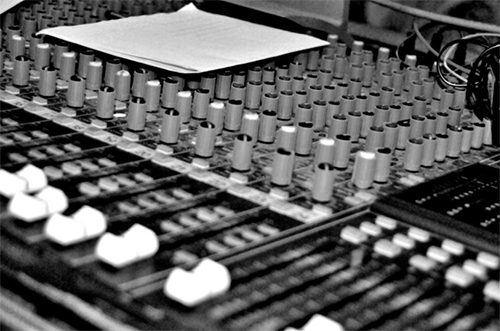About the Faculty
The Performing Arts Faculty is committed to providing high quality and dynamic teaching. Together we support students into building ownership of the work, developing resilience and equipping them with the freedom and confidence to take creative risks. The Faculty aims to create a working atmosphere in which creativity and originality is celebrated.
It is our intent that the Performing Arts Curriculum sparks student’s curiosity and fascination within a range of artistic disciplines. At Belper School, we seek to build upon student’s interests and equip them with powerful knowledge about the performing disciplines of music and drama. We want them to develop skills in RESPONDING, CREATING, PERFORMING and EVALUATING performance for an audience. We provide a range of progression pathways towards qualifications across all of the performing arts. We provide students with access to a wide range of resources including musical instruments, a recording studio, specialist drama studios and technical equipment. We aim to emulate the specialist disciplinary conditions of the professional arts and want them to develop their confidence and aspirations for the future. We take pride in the development of a rich wider curriculum including opportunities for students to attend performing arts venues, work with professional artists and prepare performance for professional spaces. We strive to teach the students the responsibilities they have as part of a performing arts community and the importance of teamwork, communication and discipline as a performer and member of a ‘company’.
Years 7 to 9 – Key Stage 3
All Key Stage 3 students have 2 Music lessons a fortnight. Students are taught in their mixed ability tutor groups. These lessons are practical and take place in one of our dedicated Music spaces.
As well as teaching music one hour per week as part of the curriculum, the department also offers a wealth of enrichment opportunities. There are visiting instrumental teachers who offer individual tuition on a wide range of instruments including brass, woodwind, violin, piano, keyboard, guitar, drums, singing etc. There are also a range of ensembles from wind ensemble to choir to rock bands. All students are encouraged to take part and also to get involved with some of the regular performance opportunities throughout the year.
